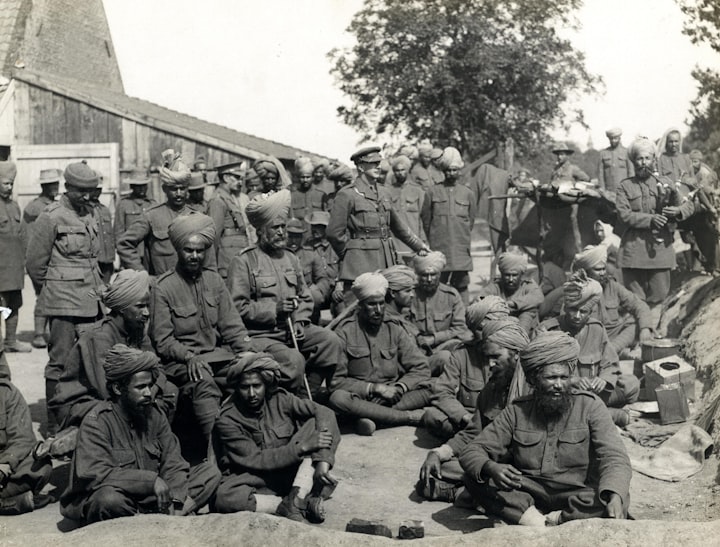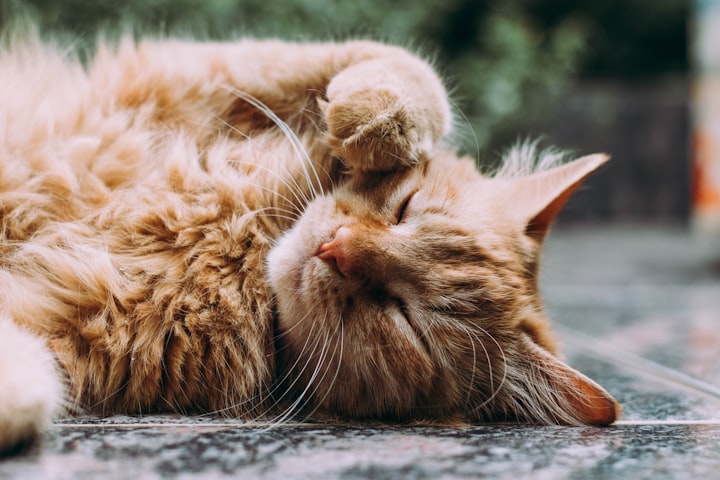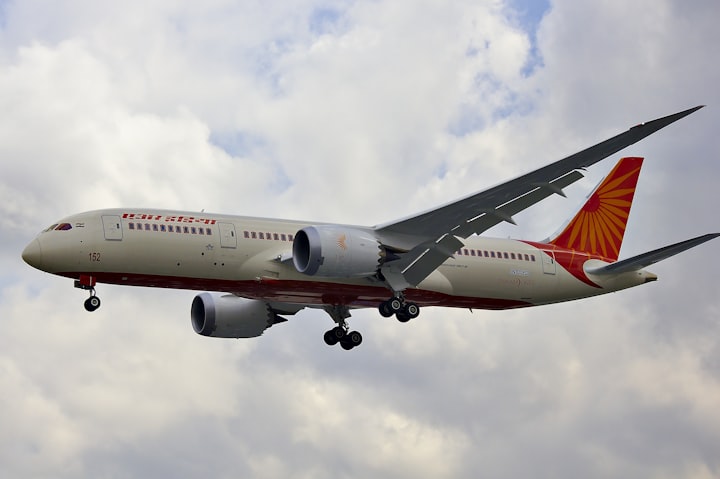The Incredible Story Of World War II's One-Handed Hero, Lachemann Gurung
Lachemann Gurung

Following the loss of his right hand in the Battle of the Bulge, Nepalese Gurkha soldier Lachhiman Gurung managed to hold off 200 Japanese troops in May 1945.
chairman Gurung was a Gurkha soldier from Nepal who served with distinction in World War II for the British Empire. Gurkhas have long been prized as warriors because of their courage and perseverance. Gurung, who was already well-known for his skill as a warrior, persisted to engage his Japanese foes despite suffering the loss of many fingers and an eye in the process.
The year was 1917, and Lachhiman Gurung was born to a poor family in a remote part of Nepal. Gurung's father allegedly sent the young guy to the local shop one day in 1940 to buy smokes. The cigarettes remained unclaimed by him. Gurung made his way back five years later, albeit he was now blind in one eye and unable to use his right hand.
Gurung visited a buddy in the hamlet who informed him that he was joining the British army, according to legend. The British military was scrambling to fill open positions as they prepared for the impending conflict. Within a year, the Japanese would strike Pearl Harbor and make fast progress across Asia.
Gurung was a hair under the minimum five feet in height for military service. Normally, he would have been denied, but with war looming in the East, the British military decided to admit him into the Gurkha Rifles.
The Second World War's Burma Campaign
The Japanese Empire had two main motivations for wanting to conquer Burma. One of them was to obstruct a vital supply route from the Allies to China. Japanese aspirations to reach India's border and instigate a revolt against the British Raj led to the second conflict.
In 1942, the Japanese stormed over much of Burma. Counterattacks by the British Empire and its colonial allies failed. Even though Allied air power grew during the next years, the war remained a stalemate.
In Burma's dense forests, heavy combat raged far into 1945. Both sides launched assaults and counterattacks. The British inched their way further into Burma, but it came at a steep price. Fighting was placed over every square mile in certain areas.
A retreating Japanese army was ordered to be intercepted and destroyed by the 89th Indian brigade under General Sir William Slim at the end of April 1945. Some of the troops were separated and instructed to turn back to obstruct the Japanese withdrawal. And it was there that the 8th Gurkha Rifles of Lachhiman Gurung were sent.
Gurung's regiment made contact near the Burmese hamlet of Taungdaw, but instead of stopping the fleeing enemy, the Gurkha platoon was encircled and cut off from the main British force by hundreds of Japanese soldiers.
As a result, Gurung's regiment prepared for battle, knowing that a Japanese victory would be a significant blow to the British cause.
Lachman Gurung Defeats 200 Japanese Soldiers with Just One Hand
Gurung and two other guys were assigned to the platoon's most advanced positions on a tiny hill. Up to 200 Japanese soldiers launched a surprise attack on them while it was still dark.
Gurung was hit by a grenade, but he was able to deflect it and return it before it went off. He pushed another back into the ditch after it had fallen on his foot. Then came number three. Gurung went for it, but it went off in a blaze of glory. Several of his colleagues had been shot and were in critical condition. During the assault, Gurung was also seriously injured, his arm was broken and his fingers were cut. He was the only one remaining.
Even though many would have given up, Lachhiman Gurung persisted. Using just his left hand to shoot and reload the bolt-action rifle now that his right hand had been amputated, he continued the fight. As Gurung yelled, "Come fight a Gurkha!" he drove back wave after wave of Japanese invaders. For the next four hours, I fought Gurung.
For the next two days, the Japanese attacked the lone Gurkha battalion. It's not apparent how Gurung managed to hang on through all of the chaos. The fact that he showed such courage in the face of such insurmountable odds inspired his fellow soldiers until reinforcements came.
The Victoria Cross is awarded to Lachhiman Gurung.
In 2006, Lachhiman Gurung attended Westminster Abbey's 'A Service of Thanksgiving for Gallantry and Valour,' where he wore his VC and other decorations.
Not only did Gurung make it out alive, but he also slew hundreds of foes with a single blow. Lachman Gurung was directly responsible for the deaths of 31 of the 87 Japanese soldiers that fell during the fight. The Japanese assault was a resounding failure as a result of his efforts.
Gurung was sent to the hospital after suffering injuries. He was blinded in one eye and was unable to use his hand, but his injured arm healed. Gurung was awarded the Victoria Cross at a ceremony that took place in India on December 15, 1945. It is the highest military medal in the United Kingdom and is awarded to those who have shown exceptional courage while serving their country. Gurung was one of 13 Gurkhas to earn the award.
The vast majority of troops would welcome the opportunity to return to normal life after enduring such a harrowing experience. Gurung, on the other hand, remained in the British army until 1947, when India gained independence from the British Empire. He was moved to the Indian army, where he served for a brief period until he was honorably discharged. After that, Gurung returned to his house. He had two wives and kept farming his father's Nepalese property.
For most of his life, Gurung remained impoverished. Because of the remoteness of his hometown, he had difficulty obtaining his monthly veteran's pension. Even though he had to move a great way, British charity groups were able to construct him a new home in the 1990s.
What Happened to Lachhiman Gurung After He Left the Military?
Lachman Gurung remained a vocal supporter of Gurkha veterans for the remainder of his life. He often visited the United Kingdom to advocate for veteran issues, and he never failed to wear his Victoria Cross to any of his public appearances.
Gurung advocated for the right of Gurkha military veterans and their families to live in the United Kingdom, which was one of his causes. At some point in time, the effort was ultimately successful. He relocated to London in 2008 and remained there till his death in 2010 at the age of 93.
The conflict in Burma has been dubbed "the forgotten war." Even though the battle raged for four long years, it was never considered a game-changer in the outcome of World War II. Like the Burma campaign, Gurung's narrative has mostly been lost. However, he was the only perpetrator of one of the war's most courageous acts.
I learned this from studying history. The only way out was to fight, as Gurung would later recall. It didn't matter to me how I died; I was going to die standing up anyhow. That's all I had in mind: "Go ahead, keep 'em back."
About the Creator
Sachin pandit
Sta






Comments
There are no comments for this story
Be the first to respond and start the conversation.